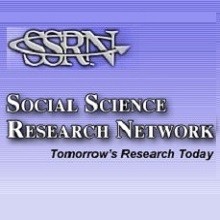
دانلود مقاله مالیات و کیفیت حسابرسی
Abstract
The effects of taxes have been discussed in almost every decision context in the extant literature, but the relationship between taxes and auditing has amazingly merited little attention. We explore the relationship between audit effort, audit quality and taxes from the perspective of both auditors and the public using an analytical research model. The analysis provides evidence that even symmetric taxes significantly influence audit effort and audit quality when auditors’ risk aversion is considered. While taxes do not influence audit effort monotonically, audit quality generally increases with decreasing tax rates. Hence, taxes may interfere with legislators’ efforts to improve audit quality. Additionally, we show that high quality audits should be a matter of public concern because the public is damaged whenever a party unfairly remains untaxed. Therefore, a socially optimal amount of audit effort exists. We derive a mandate- and auditor-specific liability limitation to achieve a socially optimal level of audit effort.
Introduction
The effects of taxation on decision-making have been discussed in many contexts, but amazingly, neither tax or audit research have focused on the effects of taxation on audit quality. Given that auditors are usually familiar with particular tax regimes and practices in complex legal environments, especially auditors may not be considered to neglect the effect of taxes on decision-making. In this study, we explore the relationship between audit effort, audit quality and taxes from the perspective of auditors and the public.
